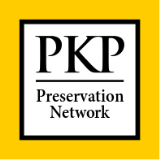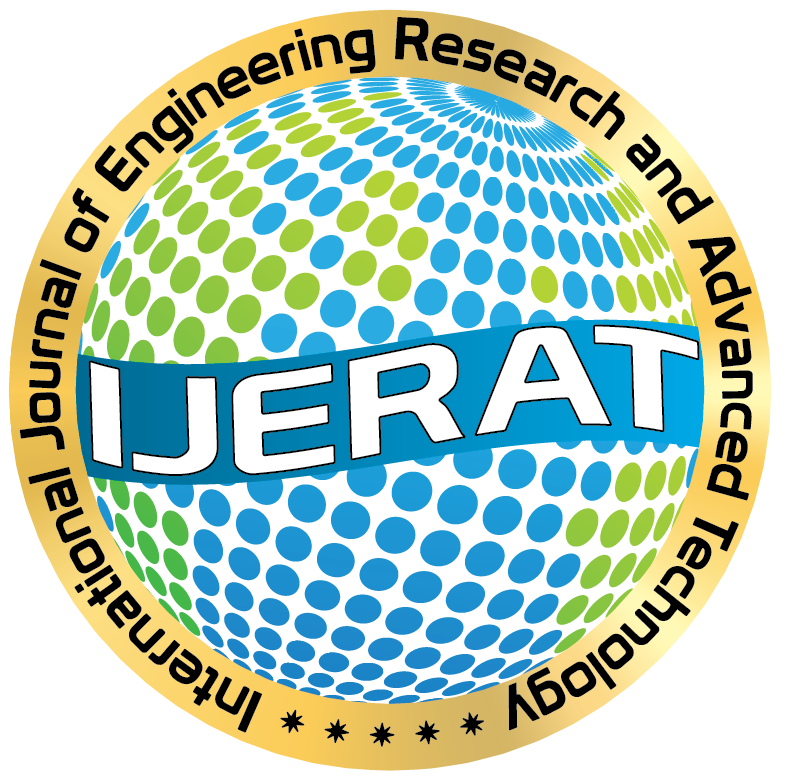Production Scheduling Model and Machine Assignment to Automotive Parts Manufacturing for Optimum Production
DOI:
https://doi.org/10.31695/IJERAT.2023.9.7.3Keywords:
Genetic Algorithm, Heuristic Pour, Machine Assignment, Production SchedulingAbstract
PT. XYZ is a company engaged in the field of Automotive Parts Manufacturer. In carrying out its production this company uses make-to-order. The company carries out simple planning and scheduling, namely FCFS (First Come First Serve). The company has a problem, namely, there is no production scheduling with the appropriate machine assignment. This causes the company sometimes to experience delays in completing the product. This study aims to overcome scheduling problems in companies to minimize order completion time (makespan). The method used in this study is the Heuristic Pour method, namely the development of a new heuristic algorithm in completing flow shop scheduling to minimize makespan based on a combination approach and Genetic Algorithm which will be assisted with the help of MATLAB R2016a software which is a computational algorithm commonly used to solve a search for values in an optimization problem. Based on the data processing that has been done, the results of production scheduling are obtained using the Heuristic Pour method in the order Job 4 (J4) - Job 2 (J2) - Job 7 (J7) - Job 6 (J6) - Job 5 (J5) - Job 3 (J3) ) - Job 1 (J1) gets a makespan of 19440 minutes or equal to 16 working days with a total delay of 1 working day. While production scheduling with the selected Genetic Algorithm method gets the order Job 4 (J4) - Job 2 (J2) - Job 7 (J7) - Job 6 (J6) - Job 3 (J3) - Job 1 (J1) - Job 5 ( J5) with the best makespan of 18660 minutes or 15 days, and there was no delay in completing requests. The company is expected to consider or review the use of the appropriate production scheduling method because it can provide a more optimum demand completion time (makespan), so the company can reduce delays in fulfilling customer requests.
Downloads
Published
Issue
Section
License
Copyright (c) 2023 Ririn Regiana Dwi Satya, Defi Norita, Andary Asvaroza Munita, Asep Endih Nurhidayat

This work is licensed under a Creative Commons Attribution-NonCommercial 4.0 International License.









